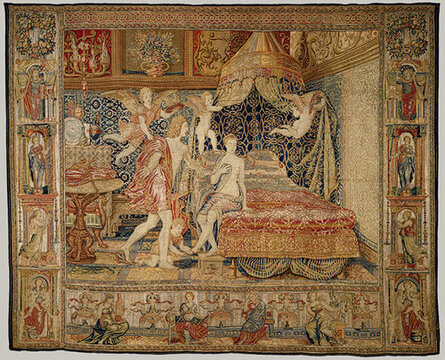Burnt State
Paranormal Adept
Is it surprising that Vallée leads the pack early on in the voting? I was hoping to hear arguments for those off the list, specifically those whose historical value, like Ruppelt, is often forgotten. Ruppelt was bumped to make room for an abductee focus and to have at least one woman on the list.
Vallée contributed a wave of books and some heavy thinking that matches a lot of n the ground research and investigation. His speciality was always finding those cases that had not already been corrupted by media reports, other investigators etc.. I'm pretty sure this video was posted somewhere else in the forum but it is a very succinct look at Vallée's concerns regarding the ETH:
Vallée contributed a wave of books and some heavy thinking that matches a lot of n the ground research and investigation. His speciality was always finding those cases that had not already been corrupted by media reports, other investigators etc.. I'm pretty sure this video was posted somewhere else in the forum but it is a very succinct look at Vallée's concerns regarding the ETH:

 . Phone one up and get them on as a guest !
. Phone one up and get them on as a guest !
